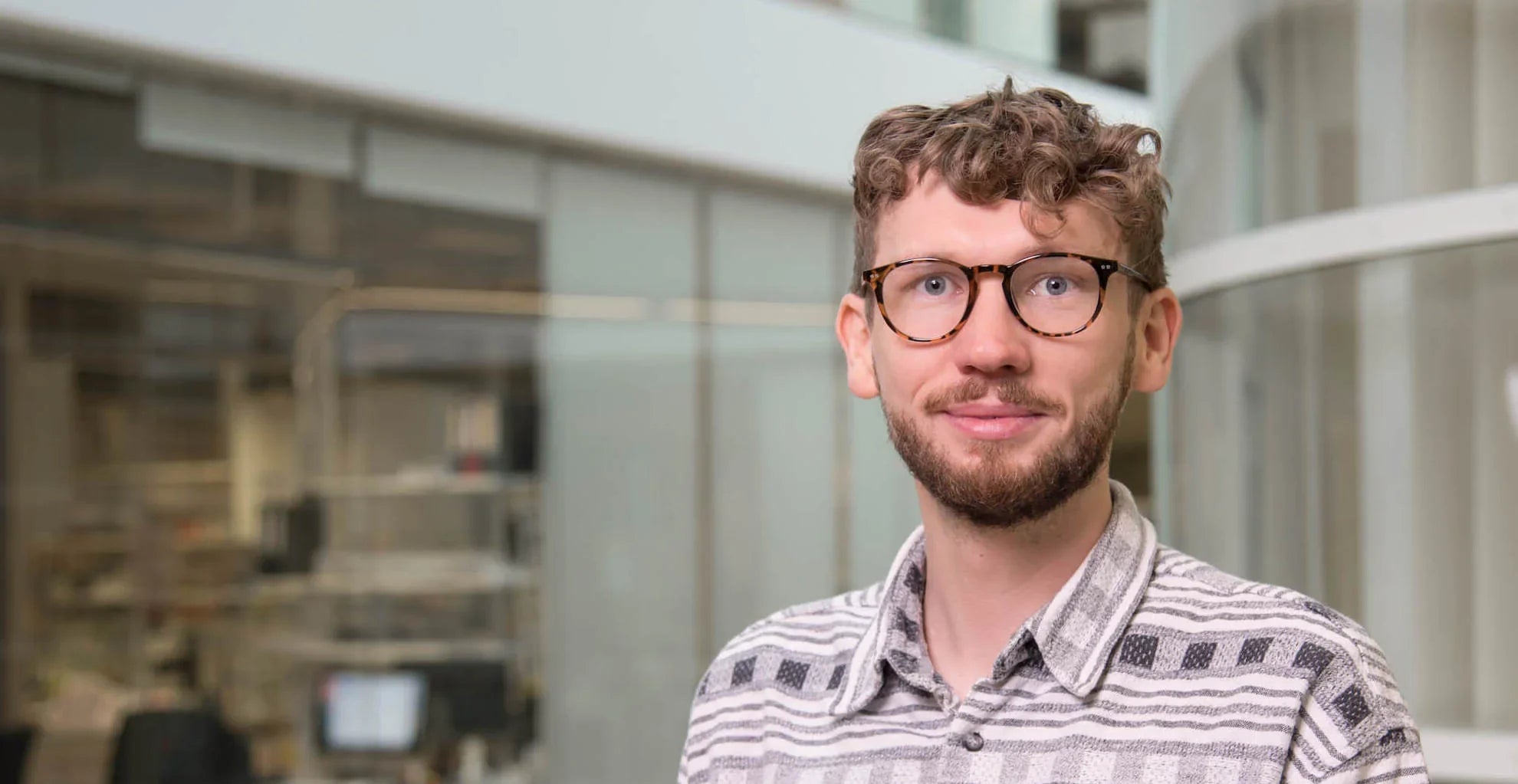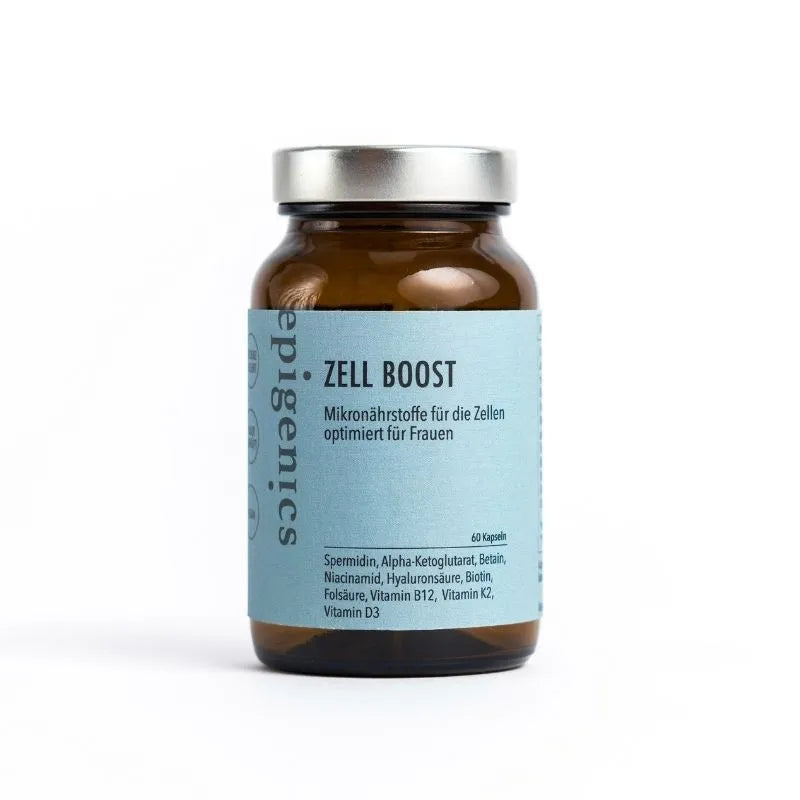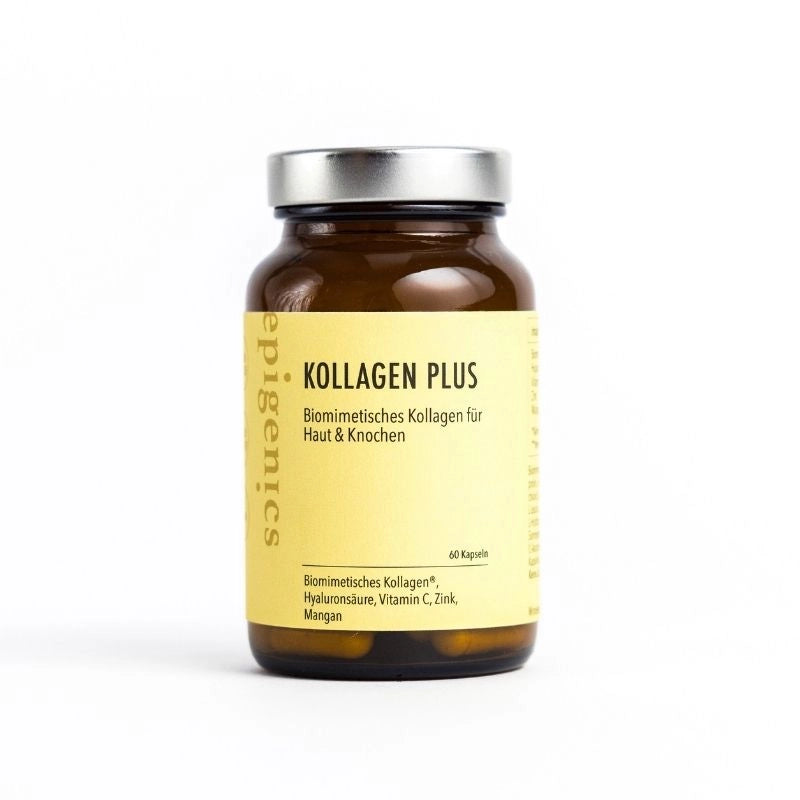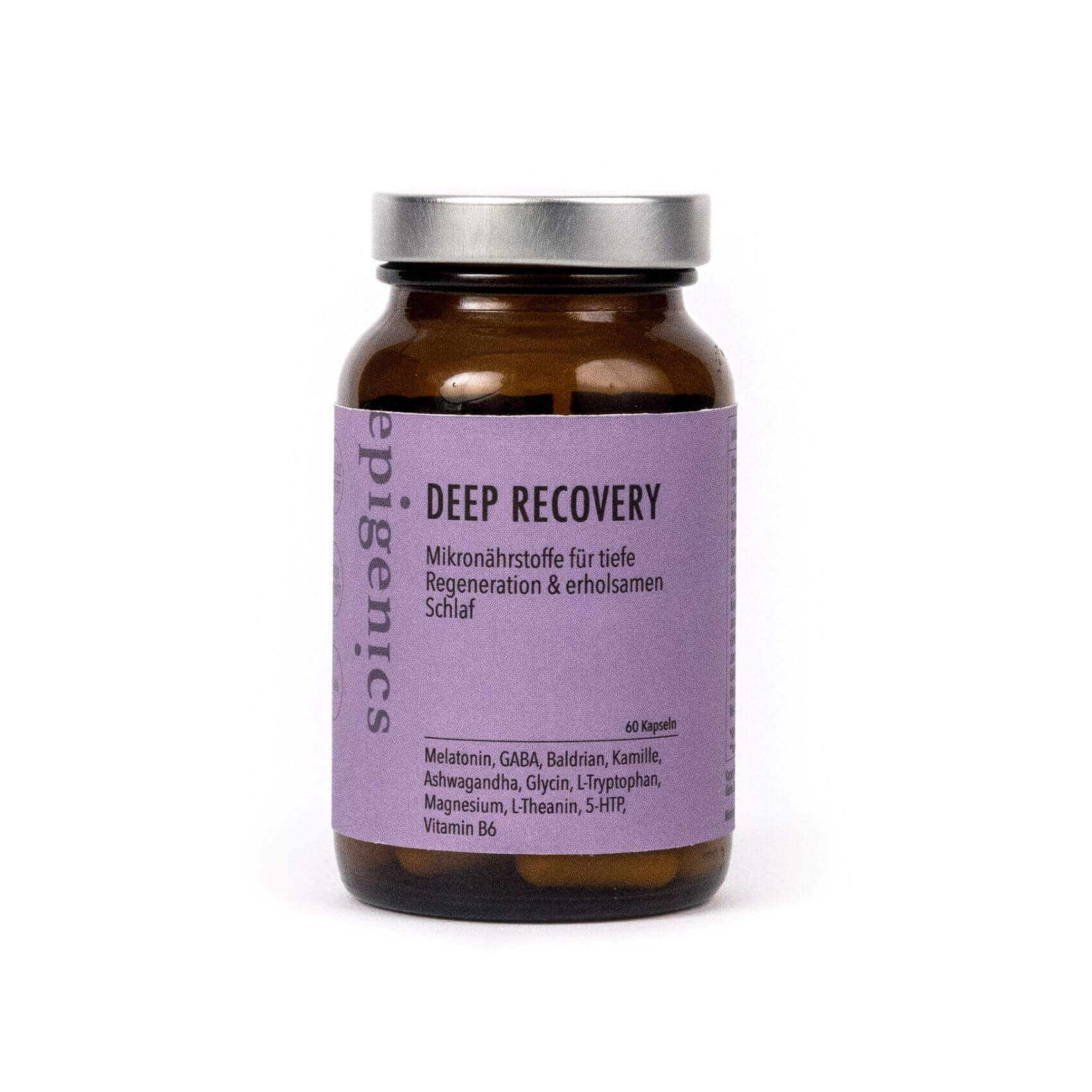Biology of aging

Ageing research: Interview with Dr. Thomas Leech of the Max Planck Institute for Biology of Ageing
Dr. Thomas Leech is a molecular biologist and researcher at the Max Planck Institute for the Biology of Aging.. As part of the research team led by Prof. Dr. Linda Partridge, he focuses on pharmacological and genetic interventions in the aging process and age-related diseases. He is an expert in the biology of aging and studies the underlying mechanisms.
Dr. Leech, what is aging?
Simply put, aging is the gradual deterioration of an organism's health over time. It is a process that ends with death.
When does aging begin?
Aging begins as soon as development is complete. In our early 20s, after puberty, our health begins to decline. Usually, the first thing to notice are fine wrinkles around the eyes. This is harmless, of course, but as time goes on, more serious health issues are added.
What does science currently know about how aging manifests itself in the body?
There used to be a lot of discussion about the various aging mechanisms and what they mean. In 2013, the leader of my research group, Prof. Dr. Linda Partridge, and several other researchers published a paper on the so-called Hallmarks of Aging. Hallmarks include genomic instability, telomere attrition, deregulated nutrient recognition, and several more. The work is still very relevant and we refer to it all the time.
You work at the Max Planck Institute for Biology of Aging. What are you working on right now?
One of the things my colleagues and I are working on is pharmaceutical interventions for aging with rapamycin. Rapamycin is an approved drug that is currently used to combat organ rejection after transplantation.
Numerous studies show that rapamycin reliably extends the lifespan of several species, including common laboratory models such as mice and flies. However, rapamycin has a drawback; it suppresses the immune system, which should not be underestimated. In our project, we looked for ways to mitigate this side effect.
Specifically, we measured the shortest time we could administer the drug to the model organism while maintaining the best possible health outcomes. We found that flies develop a "rapamycin memory" when we administer rapamycin to them during the first 15 days of their life. This memory lasts until the end of their lives. That is, they benefited from the same longevity effect as those animals that were given rapamycin their entire lives. We repeated the experiment with mice and saw the same results: They benefit months later from early rapamycin intervention. This scientific work will be published in the coming months in the journal Nature Aging .
How does rapamycin work in the body?
As is often the case when we look at slowing the aging process, we came back to the biological process of autophagy. Autophagy is the body's own method of repairing cellular damage. When rapamycin was administered for a short time early in life, autophagy improved, even after the drug was discontinued in a sustained manner.
However, we also found that we still saw benefits when rapamycin was administered later in life. However, the "rapamycin memory" could then be activated more. Thus, after a certain age, only continued administration of the drug showed improved autophagy.
What lifestyle measures do you personally implement for healthy aging?
I have started interval fasting, the typical 16:8 method. There is a lot of evidence in various models showing the benefits of this time-limited diet, although the benefits in humans in terms of lifespan extension are not entirely clear at this time.
Another very promising lifestyle measure that all experts agree on is exercise. Everyone benefits from it and everyone can find the type of exercise that suits their own needs and preferences. The idea is that we maintain a healthy muscle-to-fat ratio, as this promotes overall health. The older we get, the faster we lose muscle mass. Regular exercise is a great way to counteract this trend.
Where do you think aging and longevity research will be in 20 years?
In the next 5 years, we will see more pharmaceutical studies focused on specific diseases. Compared to longevity research, this promises short-term results, as longevity research in humans takes decades due to the long lifespan. Hopefully, these pharmacological studies will build on each other and slowly reduce the burden of age-related diseases. In the long term, say 10-20 years, it is possible that we will see more genetic interventions to slow aging, but this prediction is somewhat more speculative.









